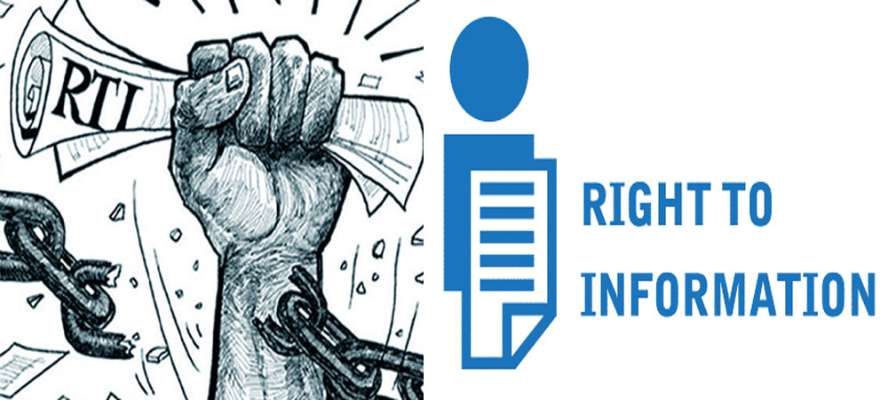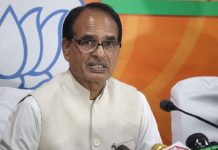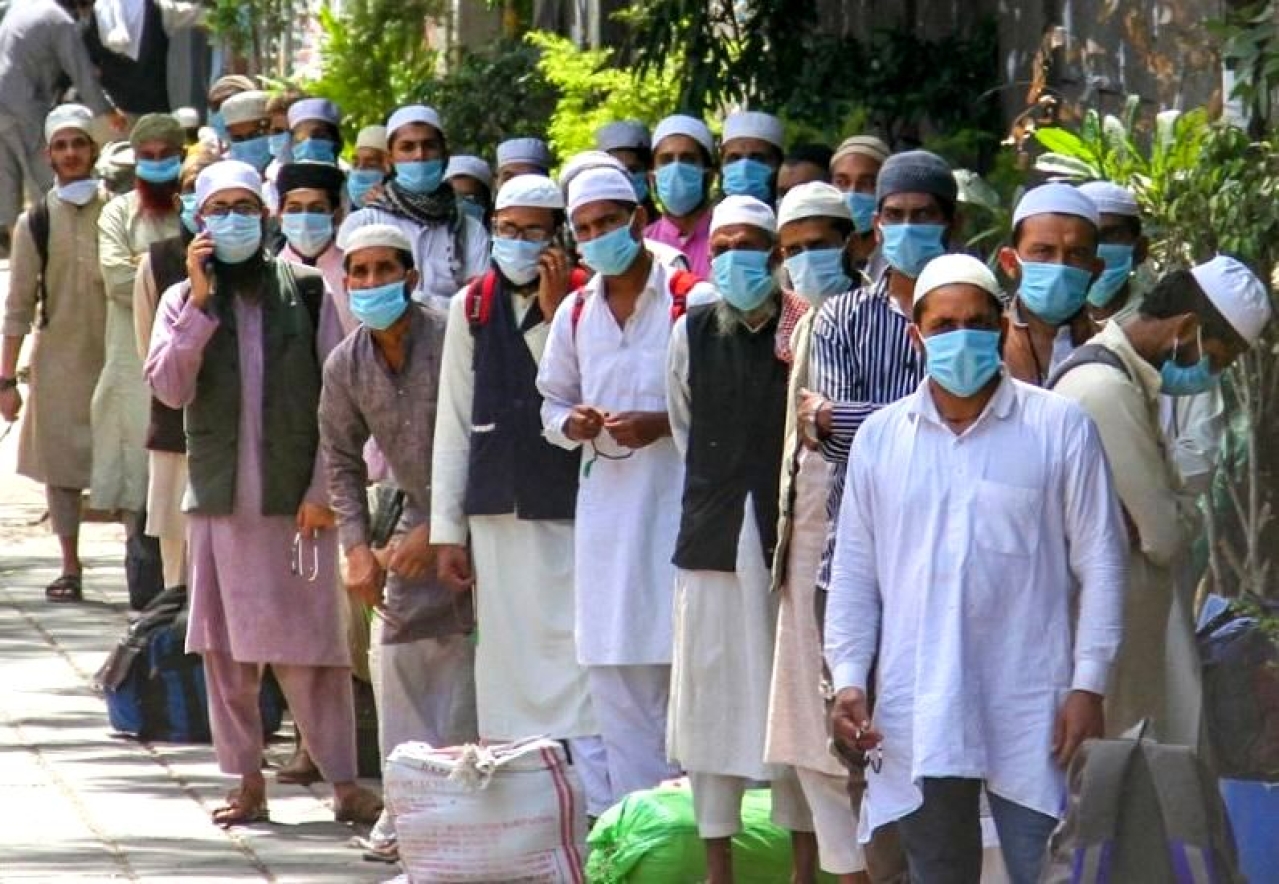The recent march in Delhi to protect the RTI act is an important time in the history of democratic India because if we don’t oppose the dilution of the RTI, the ordinary citizen shall be completely disempowered.
The New Leam Staff

Recently a march had been held to protest against the amendment to the Right to Information Act (RTI) from Mandi House to Parliament in Delhi. RTI activists have alleged that the Centre was attempting to dilute the law by introducing certain amendments to it. Thus on the 13th anniversary of the passage of the RTI act, hundreds of people from more than twelve states joined the protest that had been organised by the National Campaign for the Peoples’ Right to Information.
RTI act was enacted in 2005. The act permits people to access record/documentations of the government in case of any doubt or grievance. Since the citizen pays tax to the government, casts his/her vote in a democracy participates in its economy and works in it, it is important to ensure that the system is transparent for them.
It is the government’s responsibility to be more transparent and accountable to its citizen. If any citizen of the country wants to know about any particular governmental decision, the government is bound to provide information within a stipulated time, failing which, officials would be penalized for delaying or not responding to immoderately. RTI act is a masterstroke against corruption in the country. Through the act,a citizen can keep an eye on the government’s decisions. It is one of the strongest laws enacted by the parliament.
Now, the central government is seeking to amend the RTI act. The RTI activists expressed apprehension that the amendment would destroy the independence and autonomy of the information commissions. The issue was raised on the eve of the 13th anniversary of the passage of RTI act 2005. The protest was held against the ongoing attempt to dilute the law by the National Campaign for Peoples Right to Information (NCPRT) on Thursday.
The protest was held from Mandi House to Parliament. Activists from Delhi, Telangana, Andhra Pradesh, Rajasthan, Karnataka, West Bengal, Assam, Himachal Pradesh, Bihar, Tamil Nadu, Manipur, Jammu and Kashmir, Haryana and Gujarat.
While protesting with the slogan ‘Save democracy and save RTI’, the march raised important concerns for the maintenance of a strong RTI.
The protest culminated at the Constitution Club where many members of NCPRI, including Anjali Bhardwaj, Nikhil Dey, Venkatesh Nayak, Dr. Shaikh, Rakesh Dubuddu, Pradip Pradhan and Pankti Jog addressed the march. They alleged that the amendments under the state had been sought to empower the Central government to decide the tenure, salaries, allowances and other terms of service of all the information commissions of the country leading to the dissolution of their independence and autonomy. The NCPRI would be organising nation-wide campaigns to oppose the amendments to the RTI.














